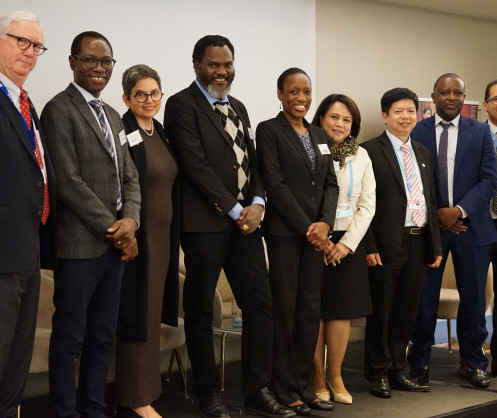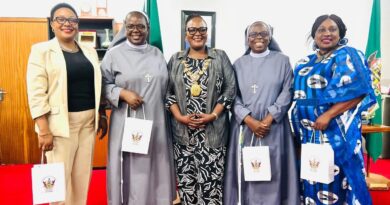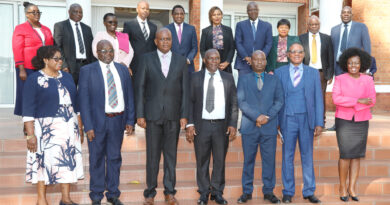Global Leaders Urge Urgent Action to Close 5-Billion-Person Surgery Gap at WHA Side Event
At a powerful World Health Assembly (WHA) side event in Geneva, Mercy Ships and Operation Smile marked a decade of leadership in global surgery while sounding the alarm on a persistent and deadly gap in surgical access.
Health ministers, global health experts, and non-governmental organizations called for urgent action to address the stark reality that 5 billion people still lack access to safe, affordable surgical care.
Held alongside the 78th WHA, the event highlighted both progress and deep systemic challenges in meeting global surgical needs. One of the most alarming statistics emerged from Dr. Barnabas Alayande of the University of Global Health Equity in Rwanda: “At the current pace of workforce development, it could take 300 years to train enough surgeons to meet global demand.”
Dr. Neema Kaseje, a pediatric surgeon working in Kakuma Refugee Camp, Kenya, put a human face to the crisis. “Women die without access to C-sections, and children with congenital conditions are left behind. It’s not just about access — it’s about the quality of care, especially in fragile and rural contexts,” she stressed.
Ghana was celebrated as a model for turning policy into practice. Hon. Kwabena Mintah Akandoh, Ghana’s Minister of Health, announced the country’s National Surgical, Obstetric, and Anesthesia Plan (NSOAP), launched in September 2024. Framed as a matter of justice, not just health, the plan is aligned with Sustainable Development Goal 3 and focuses on six pillars including infrastructure, workforce training, and financing.
“In under a year, we’ve assessed over 100 surgical facilities, trained 300 providers, and incorporated surgical indicators into our national health system,” said Akandoh. He also revealed a 20% rural salary incentive to improve workforce retention.
However, many nations remain behind. Dr. Emmanuel Makasa, orthopedic surgeon and longtime advocate, emphasized that political will must go beyond rhetoric. “We need horizontal system integration and regional manufacturing of essential surgical supplies to ensure sustainability.”
Speakers across the board emphasized the importance of innovation. Dr. Alayande advocated for telementoring, hub-and-spoke models, and place-based training to close rural gaps. Meanwhile, anesthesiologist Dr. Caroline Haylok-Loor underscored how a decade of data and metrics has laid a strong foundation for transformation.
“The metrics gave us clarity and direction. Now, we must act,” said Dr. Haylok-Loor, incoming President of the WFSA council. Echoing that, Dr. Teri Reynolds from WHO said the movement has empowered a new generation of surgical professionals and highlighted the urgency of translating knowledge into opportunity.
The evening underscored that governments cannot go it alone. Dr. Ayala and Marina Anselme of the MSC Foundation highlighted multisectoral partnerships as vital to delivering results. MSC Foundation’s commitment includes supporting the construction of a new hospital ship and logistical support for global surgical missions.
Dr. Walt Johnson, Director of Strategic Partnerships at Mercy Ships, closed with a firm reminder: “Partnerships were key in MDG 8 and are at the heart of SDG 17. They are not optional — they are essential to achieving universal access to surgical care.”
The event concluded with a resounding call: With stronger political commitment, regional collaboration, and inclusive partnerships, the global health community can bridge the gap between commitment and action — transforming surgery from a privilege into a universal guarantee.



